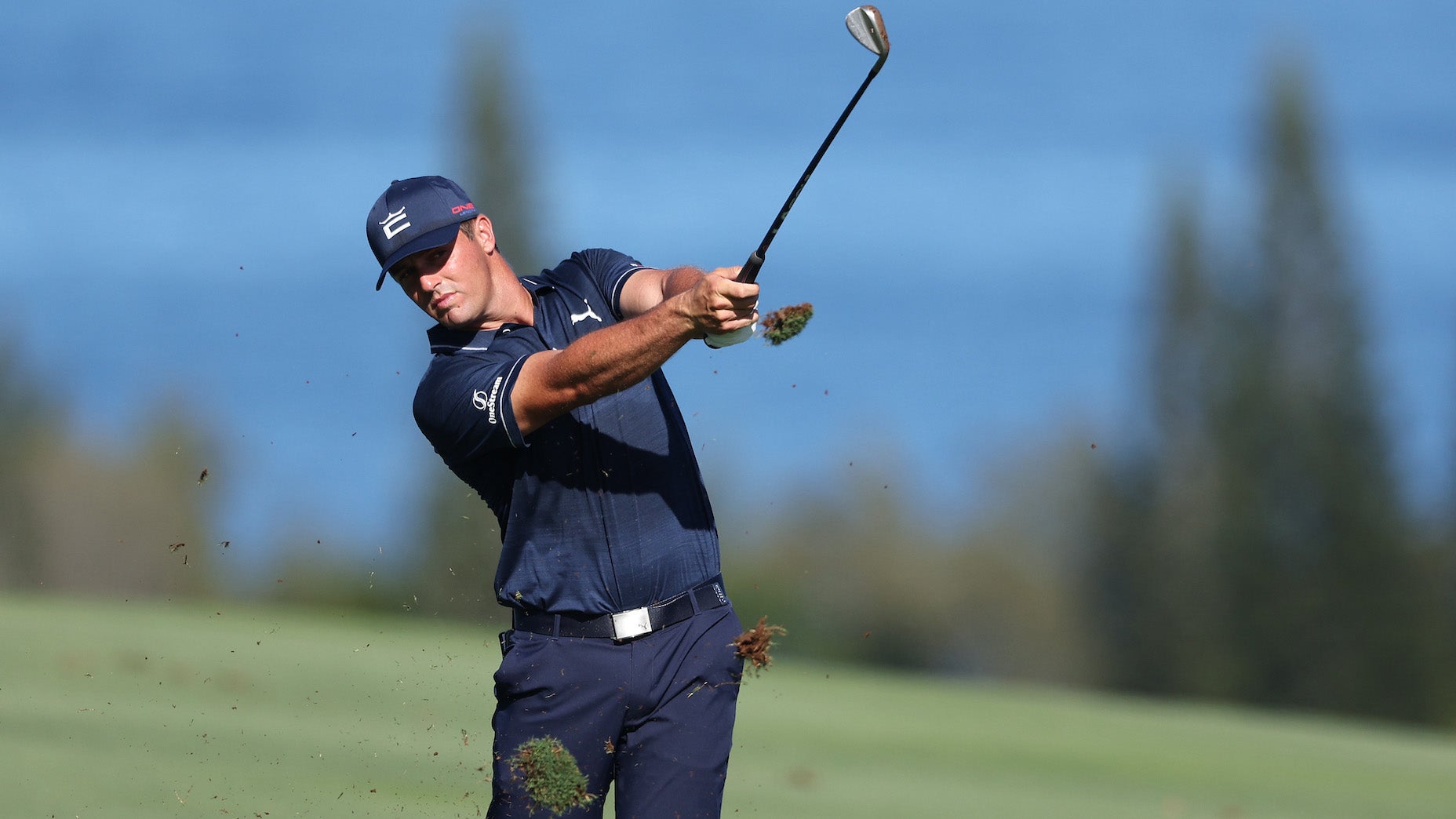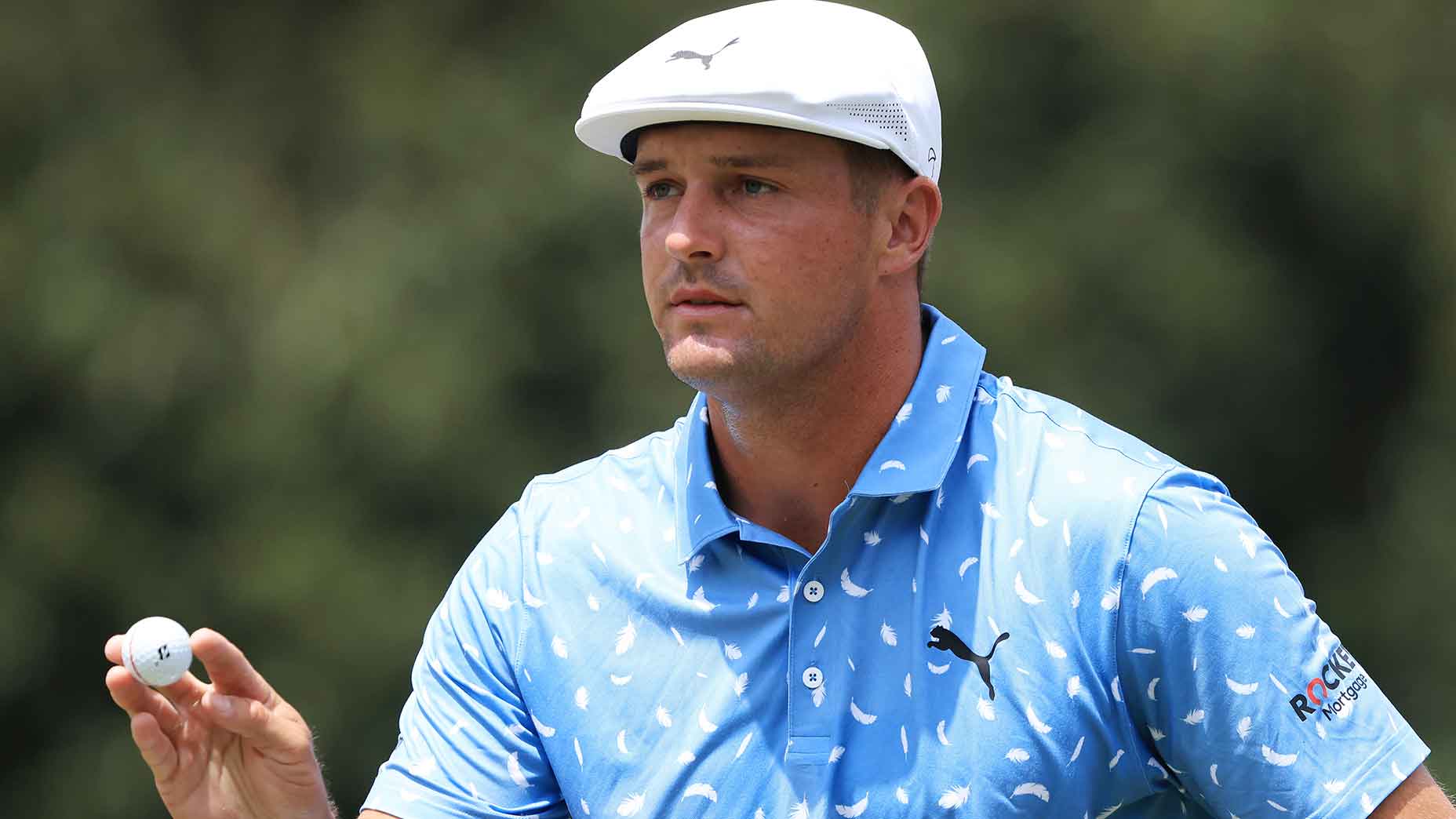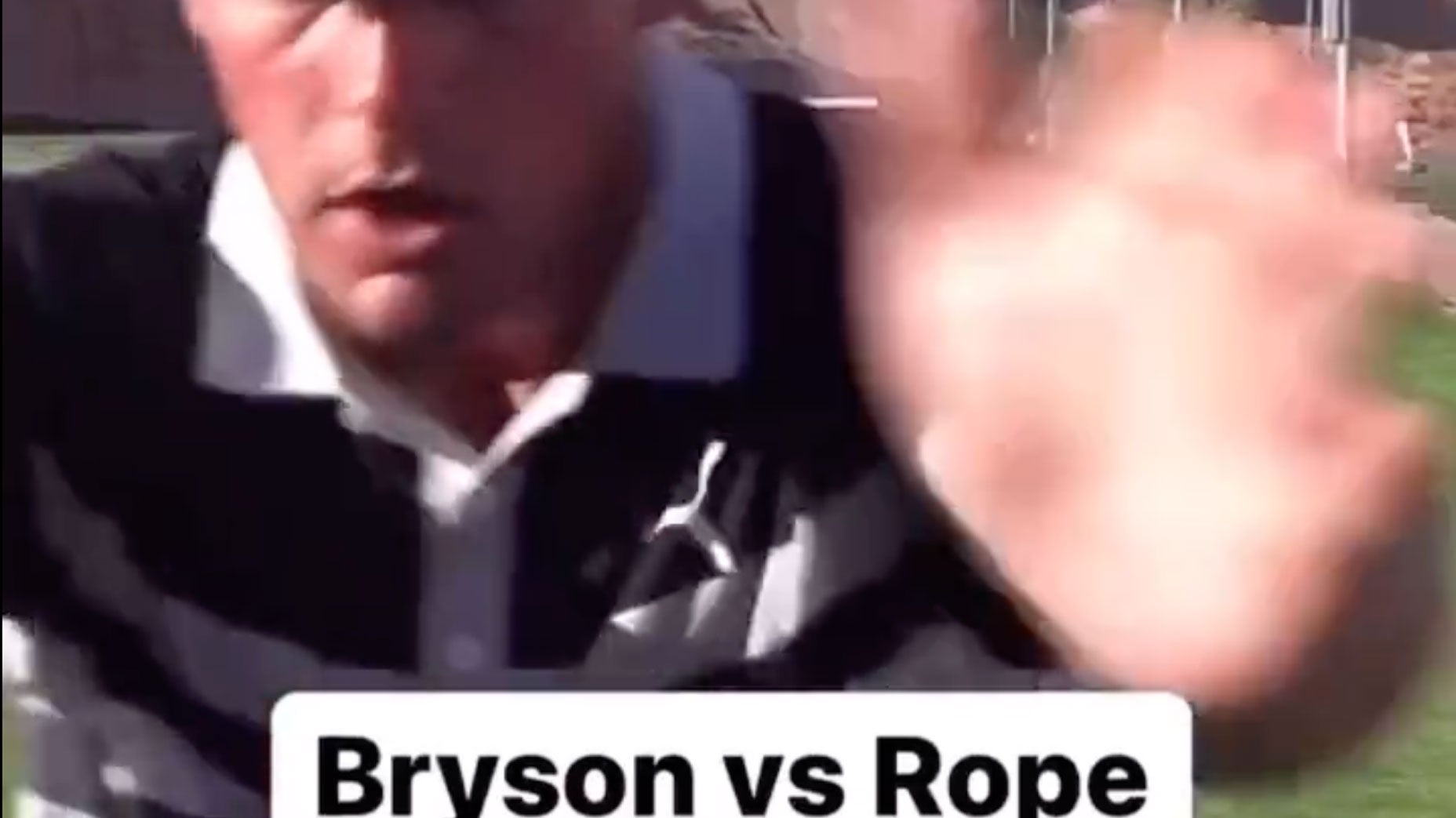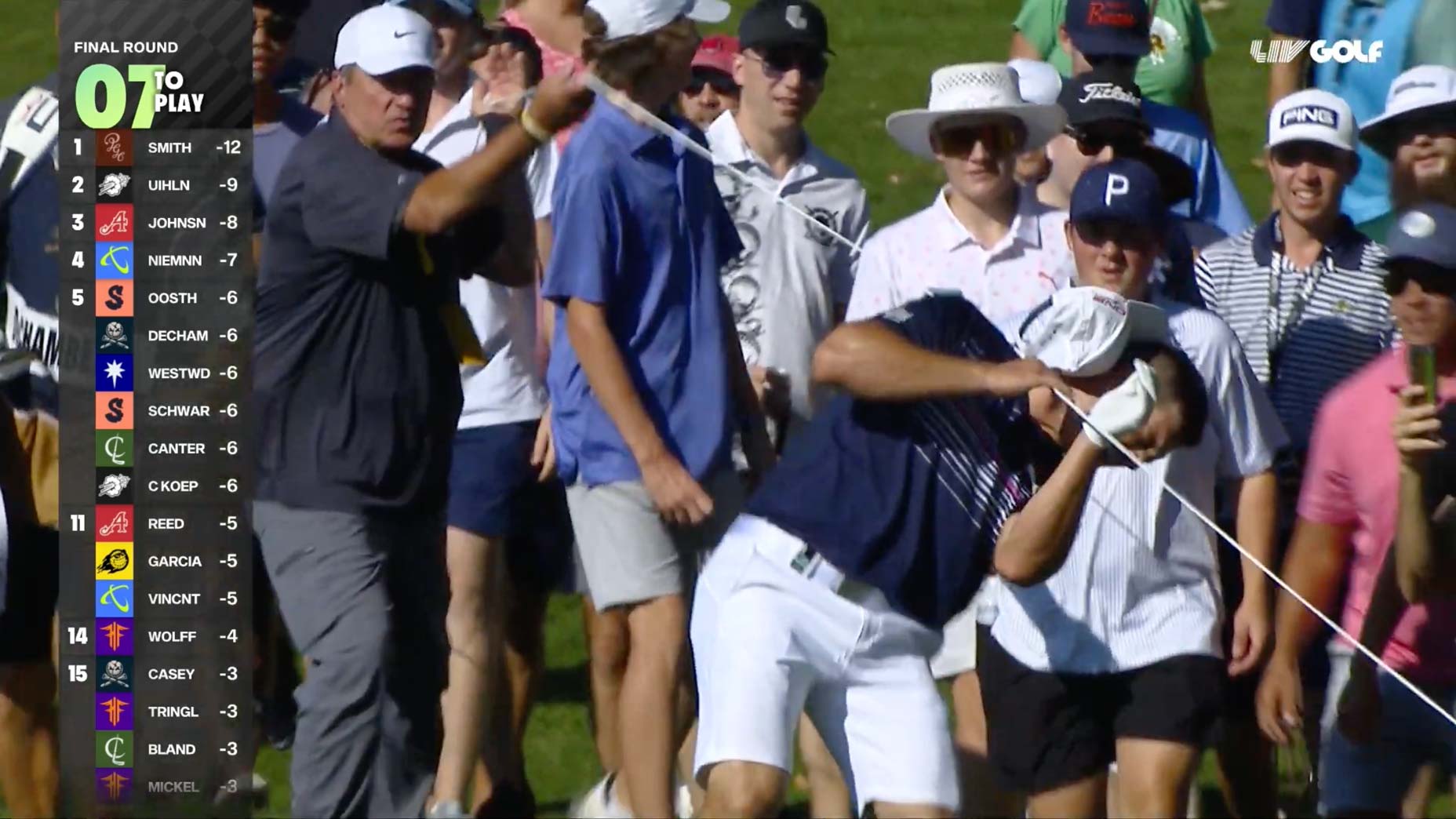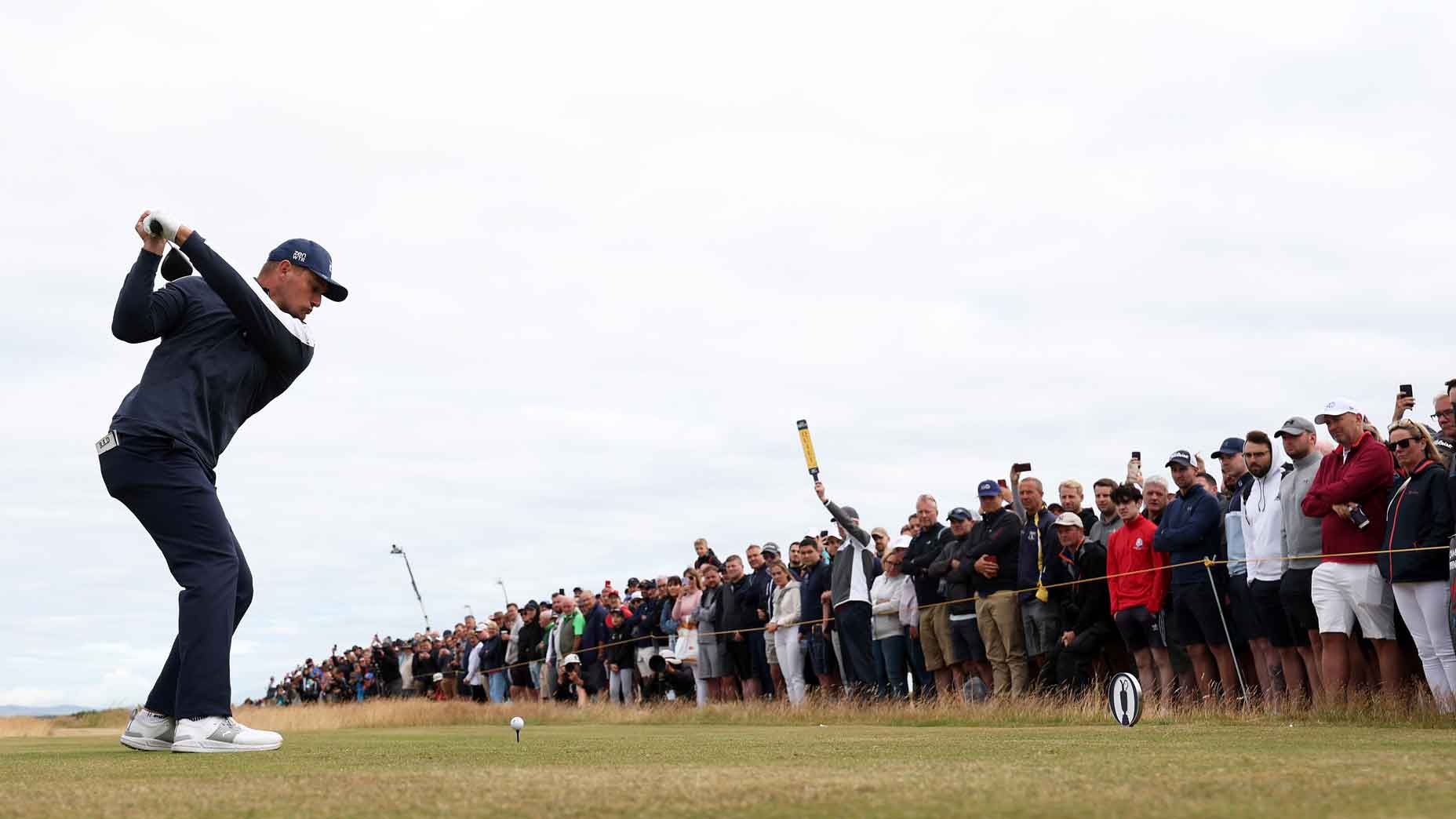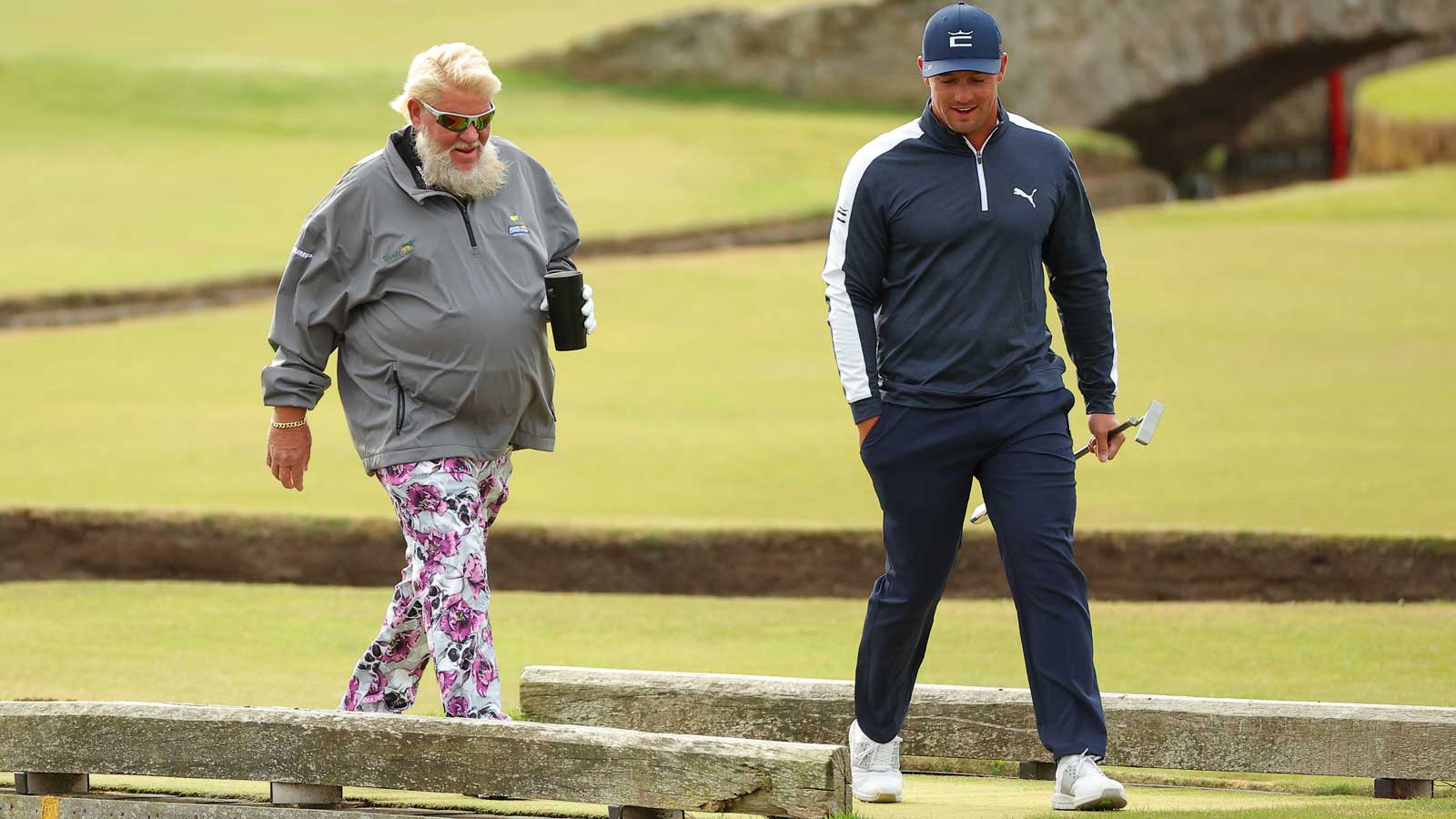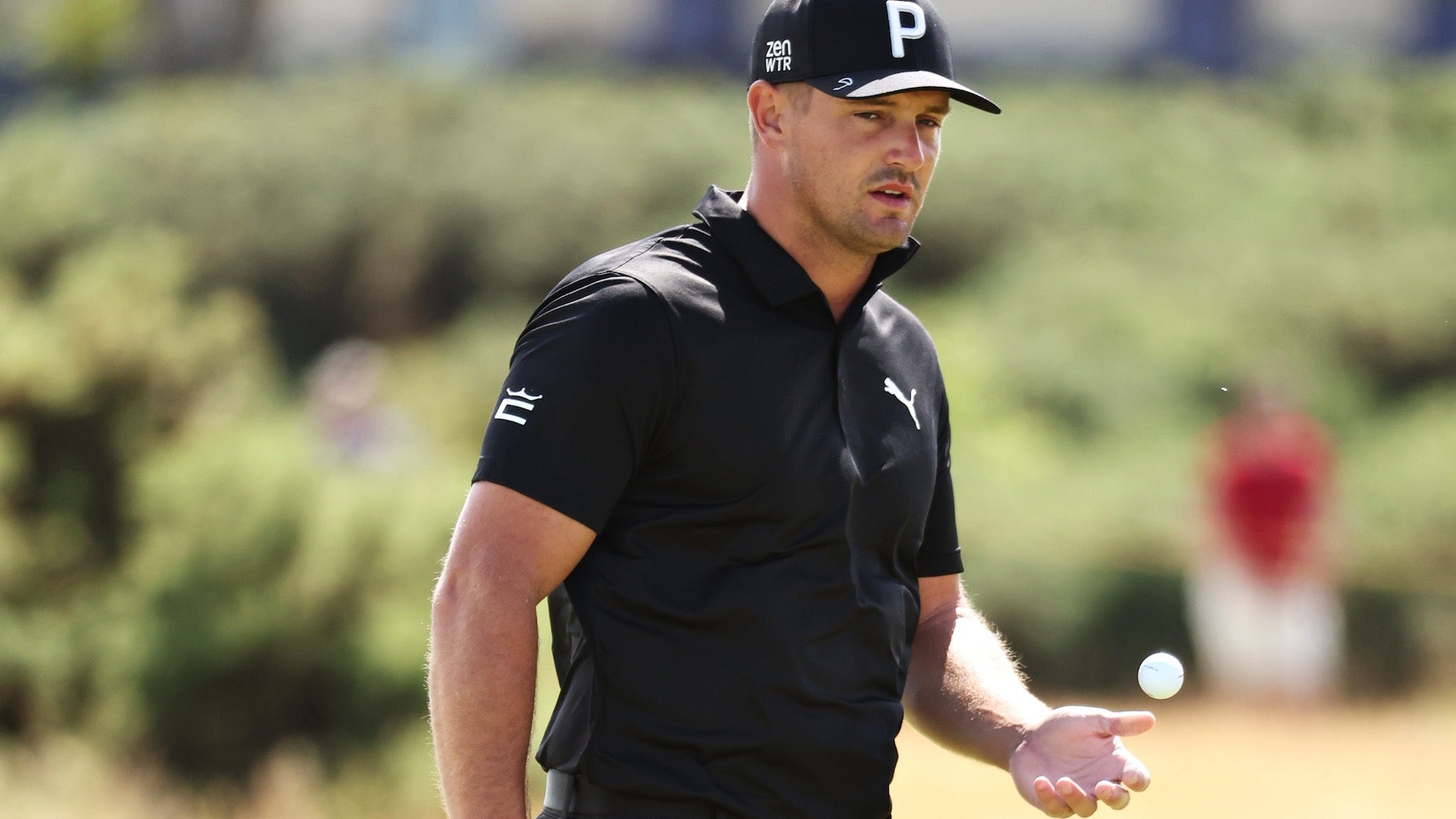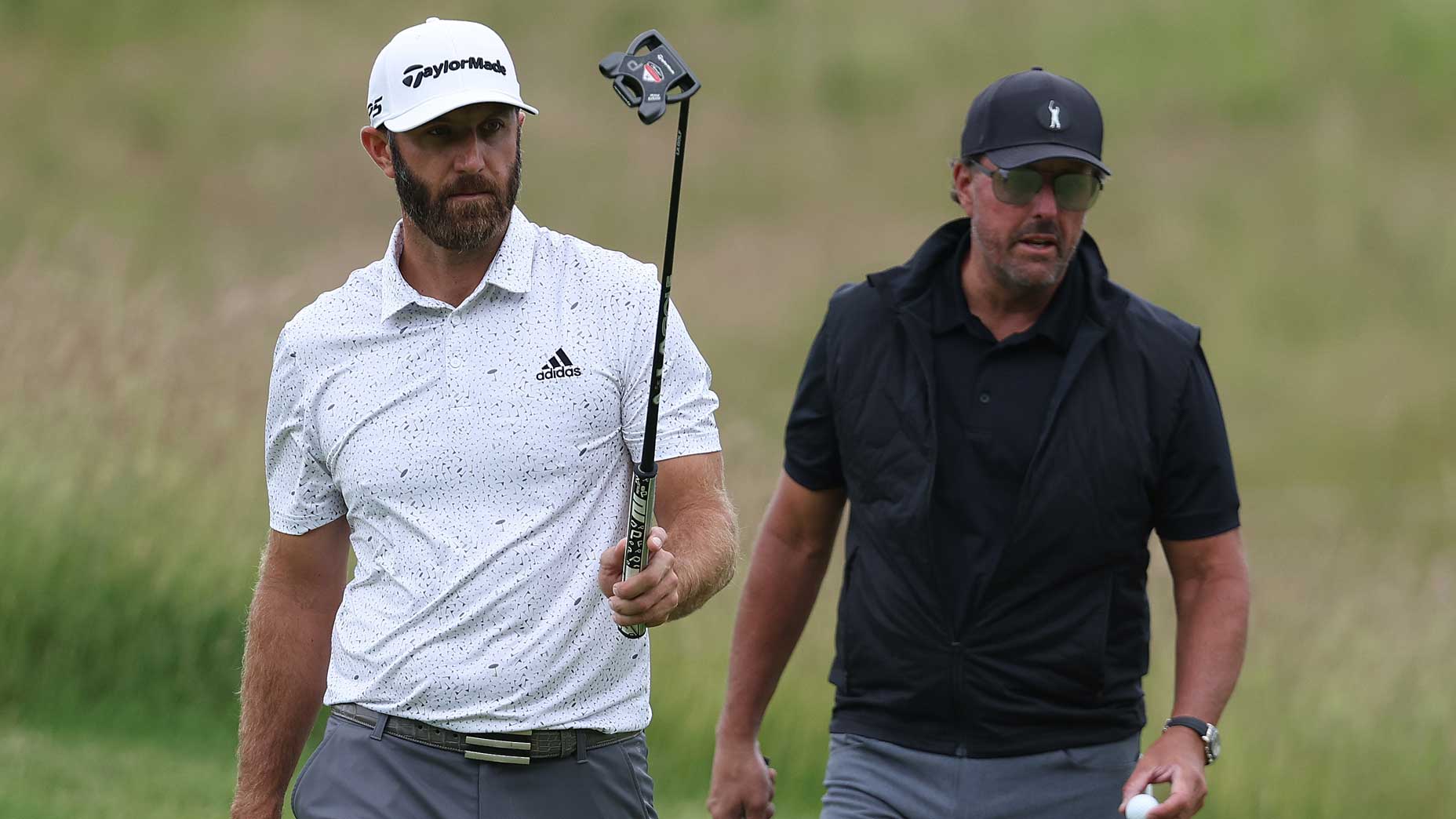There are lots of things I find fascinating about Bryson DeChambeau’s approach to golf, but what perhaps tops the list is that DeChambeau doesn’t actually play on the golf course all that much.
“I never play,” he told me late last year. “Maybe I’ll go one or two rounds a year, max.”
There are some caveats to this. DeChambeau may not play during non-tournament weeks, but he practices all aspects of his game a ton. He’ll also arrive early during tournament weeks and play multiple practice rounds, and even during non-tournament weeks he may go out and play a few holes to test something. But his reasoning for not playing more is pretty simple:
InsideGOLF exclusive: Bryson DeChambeau dissects his game-changing approach to golfBy: James Colgan
“You don’t need nine or 18 holes. That’s a complete waste of time and effort. Unless you like doing it. That’s totally up to you. But playing 18 holes, you don’t need 18 holes to see if you’re going to be able to do it on the golf course and if it’s transferable to the golf course,” he said at the GOLF Top 100 Teachers Summit last year (which you can watch in full right here). “The practice range is the same as the golf course for me. It’s just about distances of fairway width, trouble width, and then how consistent my wedging is and how far I can hit it with the driver. That’s really it.”
DeChambeau’s been doing this for most of his golf career. There was only one exception: when he was 16, he went through a period where he played tons of golf from the forward tees, trying to shoot as low as possible.
“Pretty much every day for three or four weeks straight,” he said.
Why Bryson practiced from the forward tees
The goal, he says, was to teach himself how to score, and be comfortable going low, consistently.
“I learned how to score from a young age. I shot 58 once, I shot 59. And so I got to a place where I was like, ‘Man, I know how to score. I know how to get a golf ball to a place where I’m comfortable. I know how to strategize on this type of hole,” he said. “Once I got comfortable with strategy on the golf course and was able to learn how to score with wedging and was pretty consistent with everything around the greens, it all became how repeatable can I be.”
Once he was comfortable knowing how to go low, he started down his practice-heavy path of trying to do it every time.
